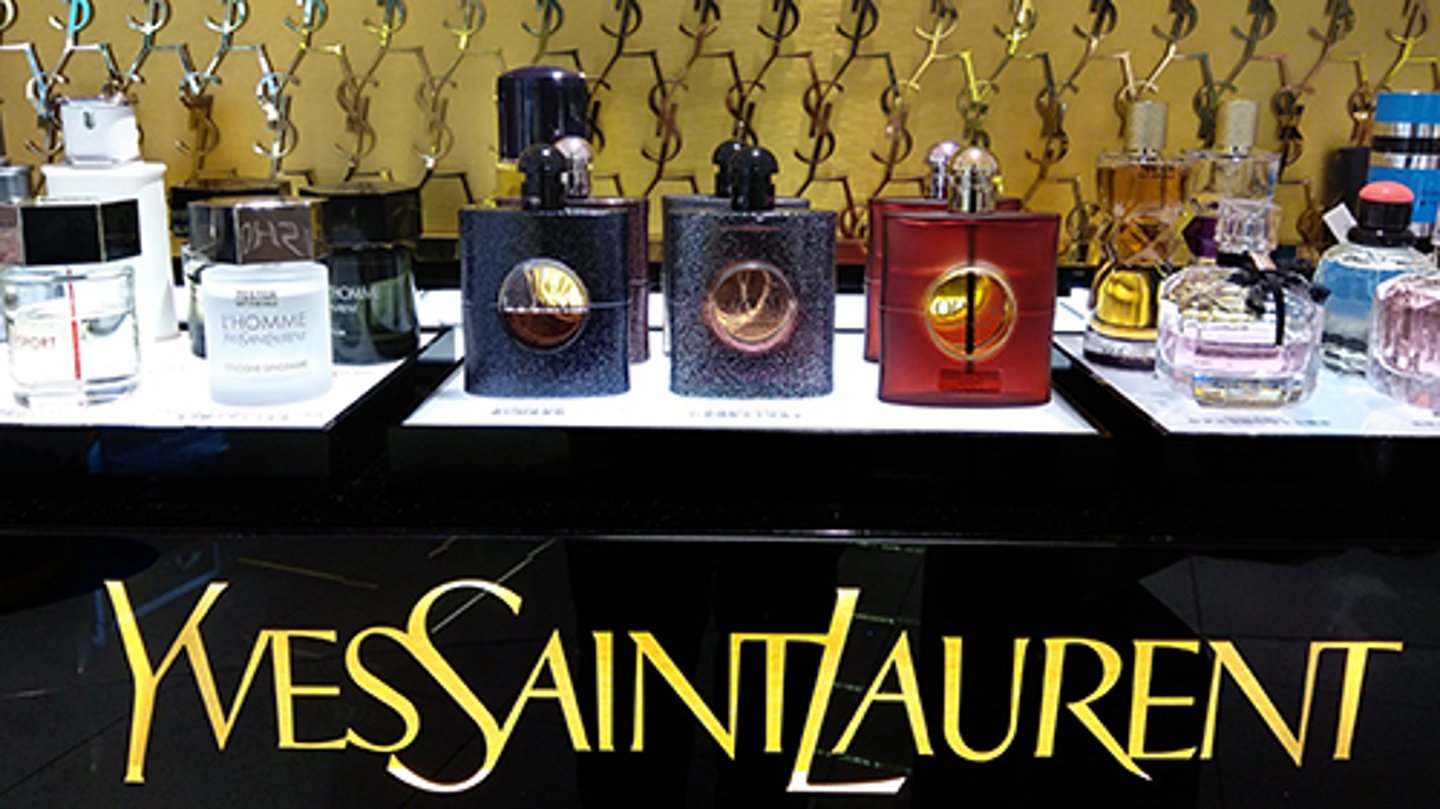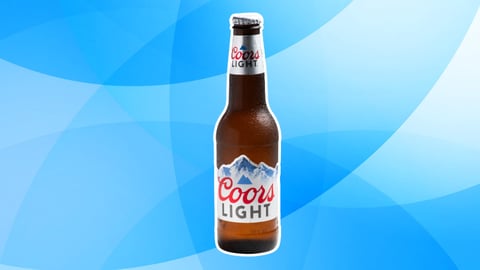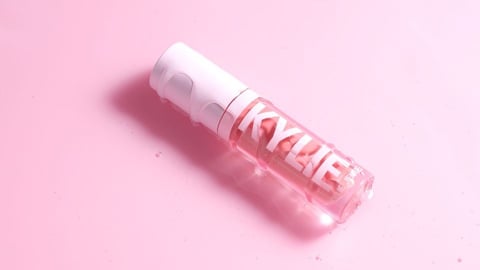L’Oreal’s Yves Saint Laurent Marries AI with EEG for Fragrance Perfection
L'Oréal is leveraging neurotechnology and artificial intelligence in fragrance selling to help consumers identify their personalized perfect scent.
Created by L’Oréal’s technology incubator, luxury brand Yves Saint Laurent, and neurotechnology company Emotiv, the company has developed a retail consultation experience that connects neuro responses to fragrance preferences using a multi-sensor EEG-based headset. Leveraging machine learning algorithms that interpret EEG, the headset measures a consumer’s reaction to proprietary scents in order to sense and monitor such things as behavior, stress, preferences, and attention in a variety of environments and contexts.
The experience is ultimately designed to help consumers determine their perfect scent matched to their emotions, and the No. 13 consumer goods company will make the experience available in Yves Saint Laurent flagship stores in several countries later this year and through 2023.
[See also: Prose Taps Climate Tech For Location-Specific Personalization]
Guive Balooch, head of L’Oréal’s technology incubator, noted that the company is developing innovative and personalized consumer experiences on an ongoing basis, and called the intersection of neurotech, artificial intelligence, and science an exciting next step.
“The science of choosing a fragrance is very complex,” Balooch said. “This partnership promises innovation for the entire beauty industry as this is truly the first time that consumers will have access to a state-of-the-art, in-store experience that uses neuroscience to provide personalized, precise fragrance advice.”
Noting that there are thousands of fragrance options, making choosing the right one a complex process for consumers, Stephan Bezy, international general manager at Yves Saint Laurent Beauté, said the system has been able to provide 95% of people with the right fragrance personalized to their needs and desires — a significantly higher number than without the technology.
More than half of consumers ages 12-34 choose a fragrance based on their mood, according to the company. What’s more, 77% of consumers said they want their fragrance to bring them emotional benefits.
“It’s a huge first step in this category,” Beauté added. “Once we know which scents make people feel happy, energized, or other emotions, we can customize fragrances even more – the potential is boundless.”
Indeed, L’Oreal is leveraging artificial intelligence in a number of ways to provide more personalized products and experiences. The company introduced a hair color system for salon operators and pro colorists that can create on-demand customized hair color using a patented algorithm to provide more precise colorations.
[See also: Coca-Cola’s Smart Lounge Uses AI to Analyze Consumer Interactions]
That system analyzes the consumer’s hair, accounting for such factors as hair color, gray percentage, length, and density, to combine with a dye dispenser for a personalized hair color recipe.
The beauty company is also collaborating with Verily to use the tech company’s clinical science capabilities in tandem with AI to customize skin care offerings. Through this partnership, L’Oreal’s cosmetics R&D team is exploring the use of sensors and artificial intelligence to develop new, more personalized skin care products.
L’Oreal isn’t alone in investing in AI to provide more personalized consumer experiences. A snapshot survey of the CGT audience, as published in the ”Consumer Data and DTC Transformation Report,” found that one-third of companies intended to invest in artificial intelligence for DTC within the next year.






